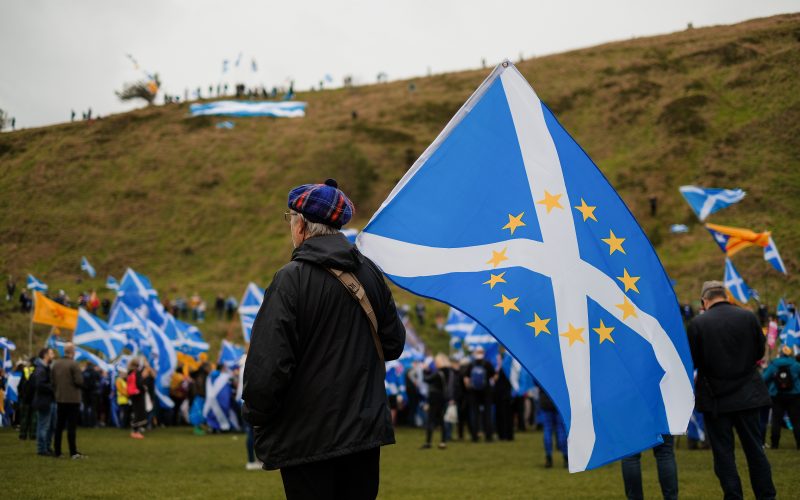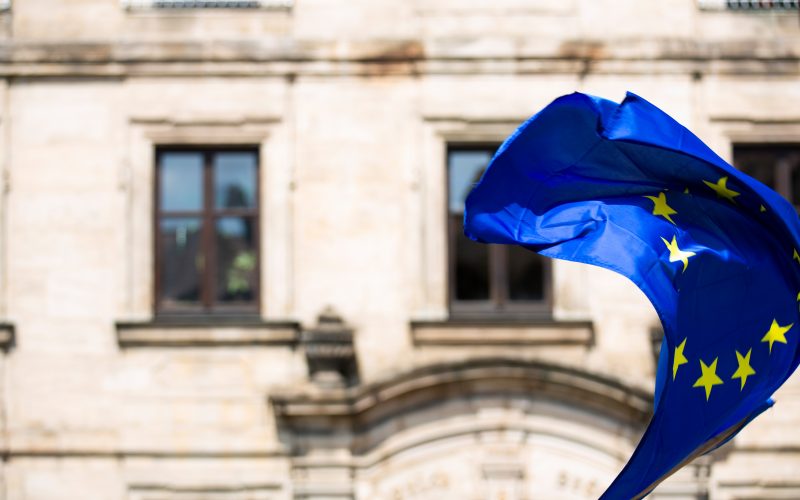If we’re going to argue about the tyranny of the majority, I will win
So, we’ve finally left the EU. But this hasn’t stopped a few ardent remainers from trotting out some of the arguments they’ve been making for the past three and a half years.
The one that fascinates me most is the one that goes something like “x voted to remain”. You’ve seen the claims. “Scotland voted remain” or “London voted Remain”. Sometimes they’re grouped together, for impact, like this tweet from a disgraced member of the corporate press:
A reminder: it wasn’t just London that voted Remain, it was Manchester, Leeds, Liverpool, Newcastle, Northern Ireland, Scotland.
— George Eaton (@georgeeaton) January 31, 2020
This always seems to me to be a strange argument, but one I’m actually happy to back (although they won’t like the support I’m giving it). It’s one of those points that you know they just haven’t thought about enough. They cannot have thought it through, or taken it to the next stage (never mind its logical conclusion).
Let’s do that for them.
Their point must, for they wouldn’t have said it otherwise, be that this is somehow important. That x (let’s use Scotland) voted to remain. That the people of Scotland (a subsection of the broader referendum area) are being overruled. It’s worth pointing out at this stage that this was a UK referendum. There were no constituencies, no countries, no cities, just one big vote, winner takes all. This wasn’t a first past the post vote for a number of seats, like in a General Election. Any area that remainers are speaking of is arbitrary (unless it’s the whole of the UK). So why are they doing it?
Is it that it’s bad for a larger population to govern a smaller one? To somehow dictate terms to people who don’t want decisions imposed on them? Because I say let’s take this further. You talk about Scotland. Not everyone in Scotland voted to remain. Many voted to leave. What about them? If it’s not ok for the larger part of the UK to dominate a smaller part, why is it ok for the larger part of Scotland to do the very same thing?
I love the idea that a larger group should not impose its will on a smaller group, which is exactly what they don’t realise they’re saying.
If Scotland shouldn’t have to listen to the rest of the UK, why should Glasgow have to listen to the rest of Scotland? Why should a village with a Glasgow postcode listen to the rest of Glasgow? Why should households in that postcode listen to the rest of them? In fact, why should any individual listen to any majority? Why should anyone have power over another, simply because they’re larger in number?
This is the logical conclusion of their argument.
It also helps us to point out that the larger the democratic area, the greater the number of people who will be disappointed. So why do they use it to argue for membership of an organisation that has the ability to impose its will on multiple countries every time a new law or regulation is passed? Indeed, if your argument is against the tyranny of the majority, you should logically be calling for the smallest possible majority to prevent any unnecessary tyranny whatsoever. Which leads you to the democracy of one: The individual.
This is why I’m all for their argument. Why should people tell you how to live your life because they outnumber you? Why should any group impose their morals on a group of lesser members? Why should a number of people have power, authority and control over any smaller number?
Let’s not play the democracy game. It’s easy to talk like Brendan O’Neill and say that we should always rely on the wisdom of crowds, that we should trust in the democratic will of the people and that we should put our faith in the collective decision making of the entire population. Collective decision making gave us Theresa May and over any reasonable length of time you, personally, will be overruled by the majority for no good reason.
Instead, let’s play them at their own game and play to win. Yes. You’re quite right. The rest of Britain shouldn’t impose its will on Scotland and nobody else should impose their will on me.







